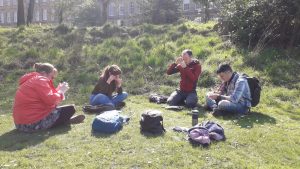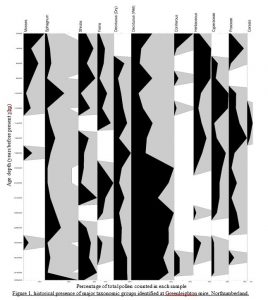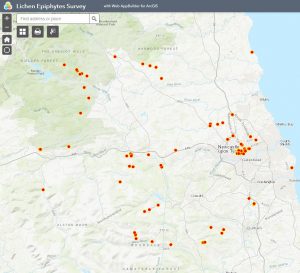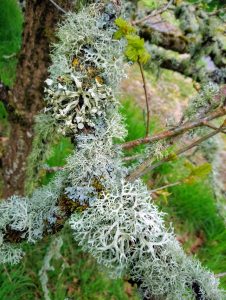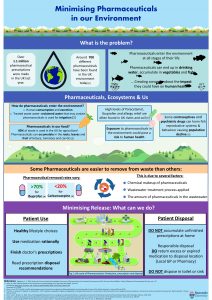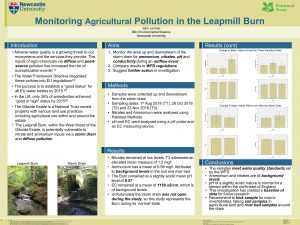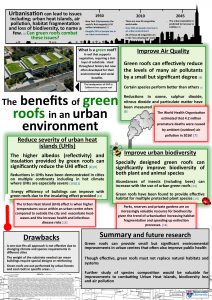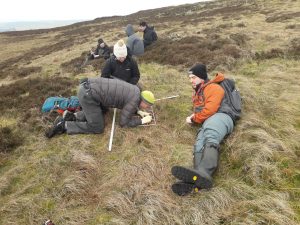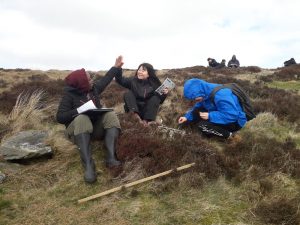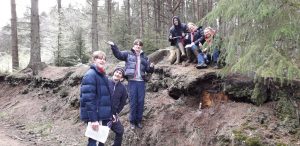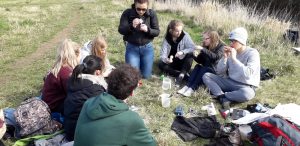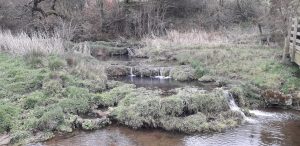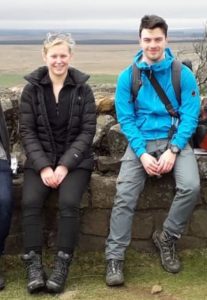
What an amazing week for jobs.
Adam – who graduated in summer from the MEnv in Ecosystem Management got offered two jobs this week: one with a government agency, the other with an environmental consultancy. He says he has finally worked out how to do job interviews using the STAR technique.
Phil (on pic) on MSc in Biodiversity, Conservation and Ecosystem Management has landed himself a work experience over the summer in Iceland surveying arctic foxes. Wow – how cool is that? Then I believed he’s looking at birds on Lindisfarne, which though voluntary is highly competitive.
And Ellie (on pic), also on that course, has been offered the Coastal Care traineeship – an amazing opportunity to build skills. She said our careers event in November helped her so much with applications and interviews, along with Janet’s trip to the Whinsill – as she will be managing a bit of that very grassland.
And then there’s Phoebe and Jackson who are finishing off our MEnv program and are already set up with jobs. Jackson got an Environmental Consultancy position and an offer with his current placement while Phoebe has landed a place on Nuclear Graduates scheme.
